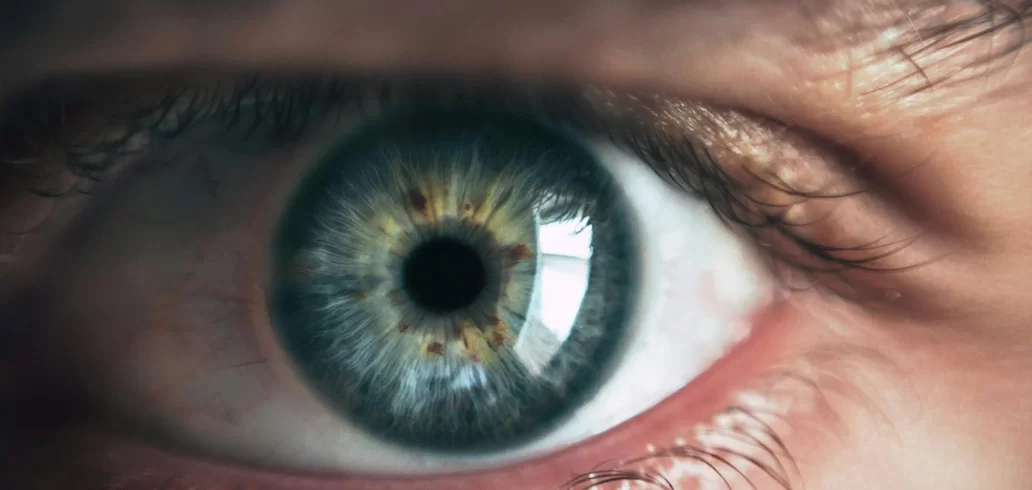Health
How a good night's sleep ensures your quality of life
Advertisement
1. **Rest and Recovery:** During sleep, the body has the opportunity to rest and recover from the day's activities. This includes tissue repair, memory consolidation, and the regulation of hormones essential for proper body function.
2. **Mental Health:** Adequate sleep plays a crucial role in mental health. Lack of sleep can increase the risk of developing disorders such as depression and anxiety, while good quality sleep is associated with better mental health and emotional well-being.
3. **Cognitive Performance:** Adequate sleep improves concentration, focus, creativity, and problem-solving ability. During sleep, the brain processes information and consolidates learning, which is essential for optimal cognitive performance.
4. **Physical Health:** Sleep is closely linked to physical health. Chronic sleep deprivation can increase the risk of developing conditions such as obesity, diabetes, cardiovascular disease and compromise the immune system, making the body more susceptible to infections.
5. **Mood Regulation:** A good night's sleep is essential for regulating your mood. Lack of sleep can lead to mood swings, irritability, and decreased ability to cope with stress, while adequate sleep promotes emotional balance.
6. **Longevity:** Studies suggest that good quality sleep is associated with a longer, healthier life. Sleep plays an important role in regulating biological processes that affect aging and longevity.
In short, a good night’s sleep is crucial to your overall health and well-being. Establishing a consistent sleep routine and creating a sleep-friendly environment can help ensure you enjoy the many benefits of good quality sleep.
Snoring and apnea, sleep villains
Yes, snoring and sleep apnea can be considered sleep culprits, as they can significantly affect the quality of your sleep and have negative impacts on your overall health. Here’s an overview of each:
1. **Snoring:** Snoring is a sound produced during sleep due to the vibration of the structures in the throat when airflow is partially obstructed during breathing. Although common and often harmless, snoring can disrupt the sleep of both the snorer and his or her bed partner. In some cases, snoring can be a symptom of more serious breathing disorders, such as sleep apnea.
2. **Sleep Apnea:** Sleep apnea is a breathing disorder characterized by pauses in breathing during sleep. These pauses can be caused by airway obstruction (obstructive sleep apnea), by the brain's malfunction in regulating breathing (central sleep apnea), or a combination of both. Sleep apnea can lead to symptoms such as loud snoring, excessive daytime sleepiness, difficulty concentrating, irritability, and even increase the risk of conditions such as high blood pressure, cardiovascular disease, stroke, and diabetes.
Both snoring and sleep apnea can interfere with the quality of your sleep, leading to a feeling of not being rested upon waking, daytime drowsiness, fatigue, and other health problems. It’s important to seek medical help if you or someone you know is experiencing these sleep problems. Early diagnosis and proper treatment can help improve sleep quality and prevent associated health complications.
How to assess the severity of the situation?
The severity of snoring and sleep apnea is usually assessed by a physician who specializes in sleep disorders, such as a pulmonologist or an otolaryngologist, through a detailed clinical evaluation and, often, specific tests. Here are some common assessment methods:
1. **Medical History:** The doctor will ask questions about sleep-related symptoms, such as frequency and intensity of snoring, episodes of apnea observed by the bed partner, excessive daytime sleepiness, difficulty concentrating, among others. It is also important to inform about risk factors, such as obesity, family history of sleep apnea, and use of alcohol or sedatives before bed.
2. **Assessment Questionnaires:** There are standardized questionnaires, such as the Pittsburgh Sleep Quality Index (PSQI) and the Apnea-Hypopnea Index (AHI), that can help quantify the severity of symptoms and guide diagnosis.
3. **Polysomnography:** Polysomnography is an examination performed during sleep that records several physiological variables, such as breathing patterns, brain activity, eye and muscle movements, and blood oxygenation. This examination allows the diagnosis of sleep disorders, such as sleep apnea, and the assessment of their severity.
4. **Respiratory Polygraphy:** In some cases, when mild to moderate sleep apnea is suspected and access to polysomnography is limited, a home respiratory polygraphy may be performed. This test records respiratory parameters, such as airflow, respiratory effort, oxygen saturation, and body position, while the patient sleeps at home.
5. **Complementary Examinations:** In selected cases, complementary examinations may be requested, such as imaging studies (e.g., computed tomography) or airway evaluation (e.g., nasofibroscopy), to investigate possible anatomical causes of snoring and apnea.
Based on the results of these assessments, your doctor will be able to determine the severity of your snoring and sleep apnea and recommend the most appropriate treatment for each case. Treatment may range from behavioral and lifestyle measures to the use of ventilation devices or surgery, depending on the severity and underlying causes of your sleep disorder.
Trending Topics

How to save with discount coupons: Best strategies
Saving with discount coupons has become even easier with apps that automatically search for and apply coupons.
Keep Reading
Recover deleted photos from your cell phone: tricks and free apps
Discover the best ways to recover deleted photos from your cell phone safely, quickly and without complications — even the oldest ones!
Keep ReadingYou may also like

Raffle Apps: Numbers, Names and More!
Discover the best raffle apps to draw names, numbers and prizes quickly and fairly.
Keep Reading

